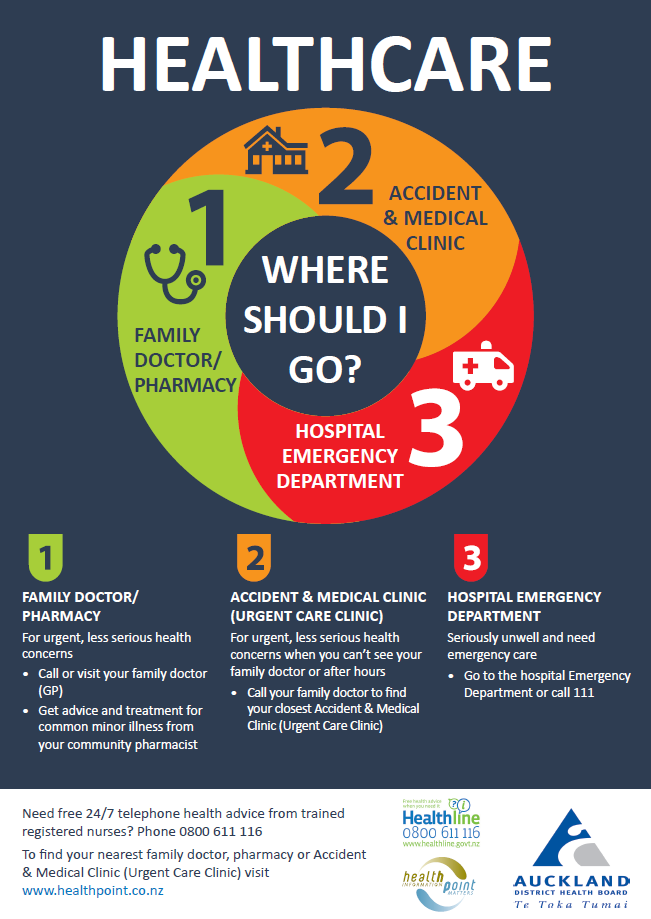- Home
- News
- Screening Matters, Issue 58, April 2017
- Improving cervical screening rates for Asian women
News
- Screening Matters Newsletter
- April 2019
- April 2018
- December 2017
- August 2017
- April 2017
- December 2016
- October 2016
- March 2016
- November 2015
- August 2015
- June 2015
- April 2015
- February 2015
- December 2014
- October 2014
- August 2014
- June 2014
- April 2014
- February 2014
- December 2013
- October 2013
- August 2013
- June 2013
- April 2013
- February 2013
Screening Matters
The National Screening Unit newsletter
In this issue:
- Come Hear – Improving audiology clinic attendance in Taranaki
- Combined priority screening days in the Wellington region
- National Bowel Screening Programme update
- Primary HPV screening update
- Improving cervical screening rates for Asian women
- HPV vaccination and cervical screening
- BreastScreen Aotearoa mortality study published internationally
Improving cervical screening rates for Asian women

Closer analysis identifies that the age group with the lowest coverage is 25 to 29 year olds, at 39.7 percent. This has a significant impact on the overall coverage rate for Asian women.

According to Asian health promoters and nurses from Well Women & Family Trust, some of the barriers to screening for this group include:
- Being unable to access information in their preferred language.
- Cultural beliefs around sex before marriage – even when women in this age group have been sexually active before marriage, they don’t want to admit it.
- Confusion between the cervical screening age and the breast cancer screening age. Some believe they don’t need to be screened until they are 45.
- A misconception that cervical cancer occurs in women who have given birth and that only women who have given birth need to have a smear. There are also women who believe that if they are no longer sexually active or have finished child-bearing they don’t need a smear.
Providers around the country are working to reduce these barriers and improve the services they offer to Asian women.
Auckland DHB is developing a multi-lingual social media campaign focusing on Asian new migrants – primarily Chinese, Indian, Korean and Filipino – and students living in the Auckland DHB area. The campaign aims to highlight the benefits of seeing a GP, pharmacist or urgent care clinic, and promote cervical screening to Asian women in the 25–29 age group.

Samantha Bennett, Asian, Migrant & Refugee Health Gain Manager for Waitemata DHB and Auckland DHB says, “The role of the family doctor (GP) is key to the long-term health of Asian migrants and students because they offer continuity of care and holistic health support. Family doctors (GP) are also in a unique position to offer opportunistic cervical screening to young women (25–29 years) who visit the general practice for other reasons such as influenza, gastroenteritis or to obtain medical certificates.”
Counties Manukau DHB is reaching Asian women by:
- encouraging GP practice/ Practice Nurses to increase opportunistic screening and educate Asian women to have a cervical smear
- providing a recall letter in Chinese, Korean and several Indian languages to educate and encourage Asian women to have regular cervical screening
- organising a smear clinic every second Saturday at Manukau Superclinic with staff available who can speak Cantonese, Mandarin, Malay, Hindi and Punjabi
- taking part in community health expos and health workshops to encourage women to have smears.
East PHO is organising an Asian Health Day on 22 April in East Auckland to encourage Asian families to access health services. Breast and cervical screening will be part of this health expo.
ProCare is linking in with Well Women & Family Trust and working with other practices or smear takers in their area to increase their smear taking capacity. They are also:
- providing translated cervical screening posters and brochures to practices with high numbers of Chinese, Korean, Māori and Indian patients. Practices can order these resources and other translated resources from HealthEd.
- sending invitations in Mandarin/Cantonese, Gujarati, Hindi, Punjabi and Korean.
National Hauora Coalition coordinates the Well Women & Family Trust mobile van to visit its providers and has an appointment scanner for practices to encourage opportunistic screening.
Waitemata PHO intends to work closely with Massey University in Albany to educate nurses around having the screening conversation and encouraging the Cervical Screening Nurse Specialist to support practices to reach Asian women.
Auckland PHO provides free smears to newly arrived Asian migrant women who enrol with the PHO and do not have any evidence of medical records from their country of origin of a recent smear.
The National Screening Unit appreciates the work that our providers are doing to deliver culturally appropriate support and information to this diverse population.
To receive the Screening Matters newsletter by email, fill out our sign-up form.

